What Hollywood Gets Wrong About Getting Arrested
Most of us have watched enough cop movies and TV shows that we think we understand what happens during an arrest. But Hollywood is in the business of entertaining, and that means not everything we see on screen is accurate. Here are a few examples:
Police Have to Immediately Read Your Miranda Rights
This is probably the most common misconception we hear. Nearly every on-screen depiction of an arrest shows a police officer dramatically handcuffing a suspect while reciting, “You have the right to remain silent…” But that's not how it works in the real world. We frequently get questions from people who were arrested and wonder why they were not Mirandized. If a police officer does not expect to rely on your answers to convict you of a crime in court — such as when you are arrested for DUI — he or she is not required to read you your rights at all. Officers only have to issue a Miranda warning to you after you're in police custody and under interrogation. In addition, this means that anything you say to an officer before you have been arrested or interrogated can be used against you as evidence.
You Must Be Physically Arrested to be Charged with a Crime
Just as with the Miranda misconceptions, we've all watched enough police procedurals to know (or at least think we know) the process. A suspect gets arrested, then charged, then he or she appears before a grand jury. But that's not how it always works. In some felony cases, a defendant can be indicted before a grand jury before he or she is even arrested.
Lawyers are with Defendants During Interrogations
Sure, it makes for good TV to see the defendant playing verbal games with the detectives while the defense attorney sits to the side monitoring the interrogation. In reality, by the time a defendant has an attorney, the defendant has likely already been interrogated by officers. It's nearly always in a defendant's best interest to say as little as possible during the interrogation, and that's what we tell our clients, but it's hardly the end of the world for a defendant to not have a lawyer until after the interrogation. If you have been arrested or charged with a crime, you need legal advice from defense attorneys who know how the system works and know how to separate fact from fiction. Contact Inman & Tourgee online today or call us at (401)823-9200.







